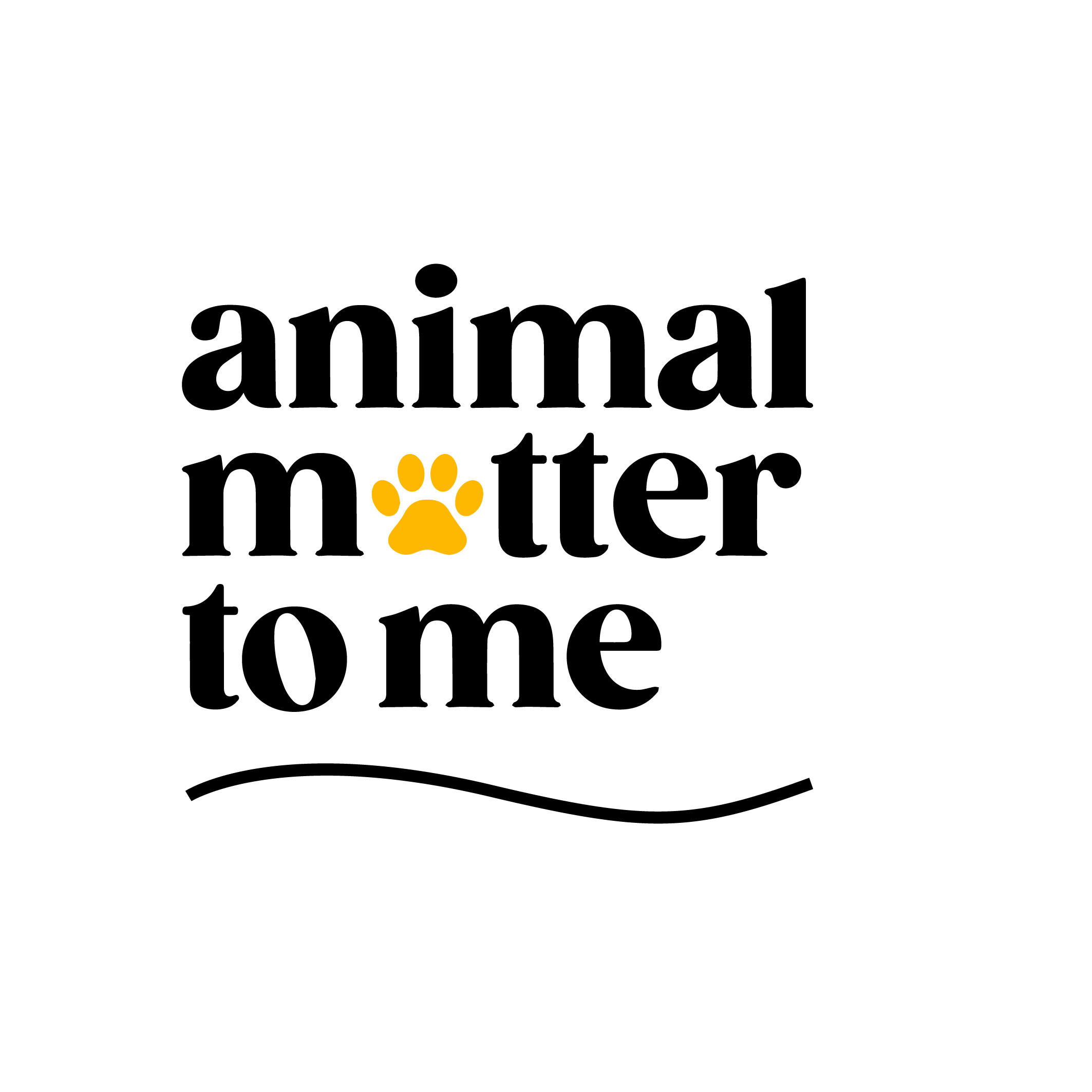In the hustle and bustle of modern life, where stress and anxiety seem to be constant companions, more people are turning to profoundly effective sources of comfort and support—animals. The bond between humans and animals extends beyond companionship; it has therapeutic implications for mental health. Let’s explore how animals contribute to our emotional well-being and why they’re valuable allies in our journey towards positive mental health.
Unconditional love and companionship: One of the most significant benefits of having animals is the unconditional love and companionship they offer. Pets, in particular, provide a non-judgmental presence that can be incredibly reassuring during emotional distress. Their loyalty and affection create a sense of security and belonging, reducing feelings of loneliness and isolation.
Stress reduction and relaxation:
Numerous studies have demonstrated the stress-reducing effects of interacting with animals. Petting a dog or cat can trigger the release of oxytocin, a hormone associated with bonding and stress relief. Additionally, the rhythmic and repetitive nature of activities like walking a dog or grooming a horse has a calming effect, promotes relaxation and lowers cortisol levels.
Increased physical activity:
Owning a pet leads to increased physical activity, whether walking a dog, playing with a cat, or even engaging in more structured activities like horseback riding. Regular exercise positively affects mood by promoting the release of endorphins, the body’s natural feel-good chemicals.
Social connection and community:
Animals have a remarkable ability to foster social connections among humans. Whether it’s striking up a conversation with a fellow dog owner at the park or participating in animal-centric social events, having a pet can open doors to new friendships and create a sense of community. This social support network is crucial for mental health, providing a sense of belonging and mutual understanding.
Mindfulness and presence:
Interacting with animals encourages mindfulness and being fully present in the moment. Animals live in the here and now, and spending time with them can help individuals shift their focus away from past regrets or future anxieties. Whether watching a fish swim in a tank or observing the intricate behaviour of a bird, animals provide a natural avenue for cultivating mindfulness.
As our understanding of mental health evolves, the therapeutic role of animals is gaining recognition and acceptance. The healing power of animals extends far beyond the joy they bring into our lives; it reaches deep into the realms of emotional well-being and psychological resilience. Whether furry, feathered, or scaled, our animal companions uplift our spirits, provide solace in times of need, and contribute to a healthier, more balanced state of mind. So, the next time you need a mental health boost, consider turning to furry friends who offer companionship, understanding, and a wagging tail or a soothing purr.




